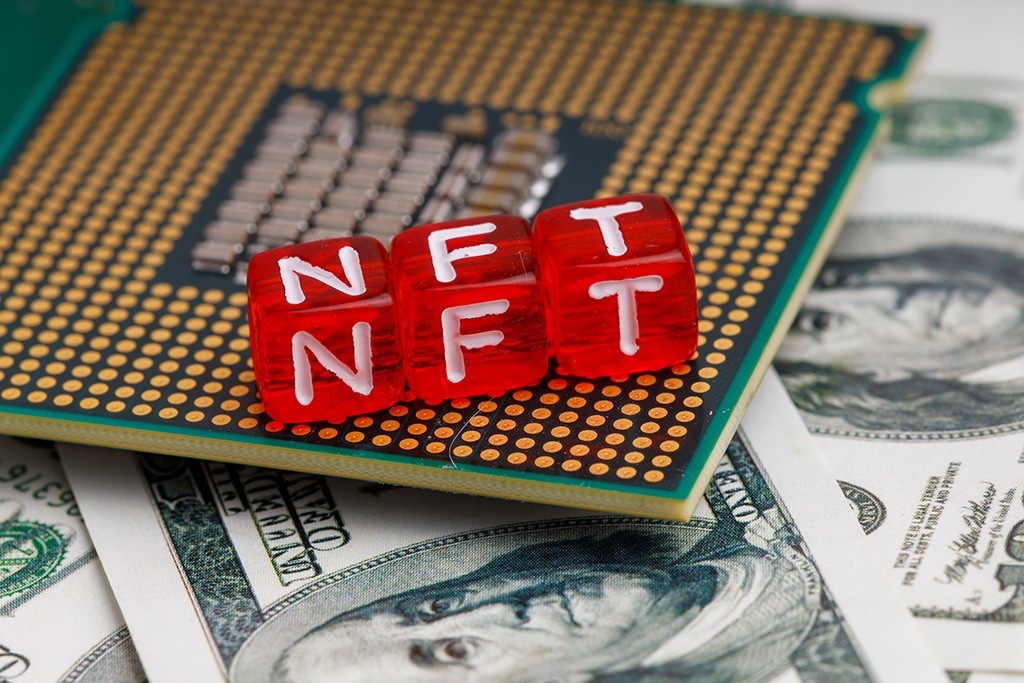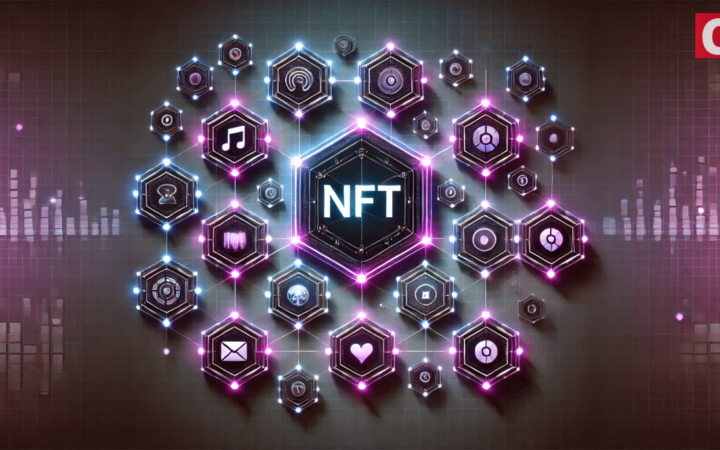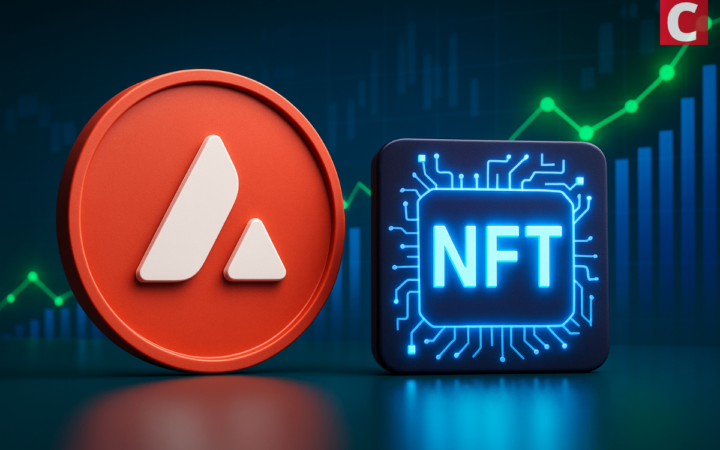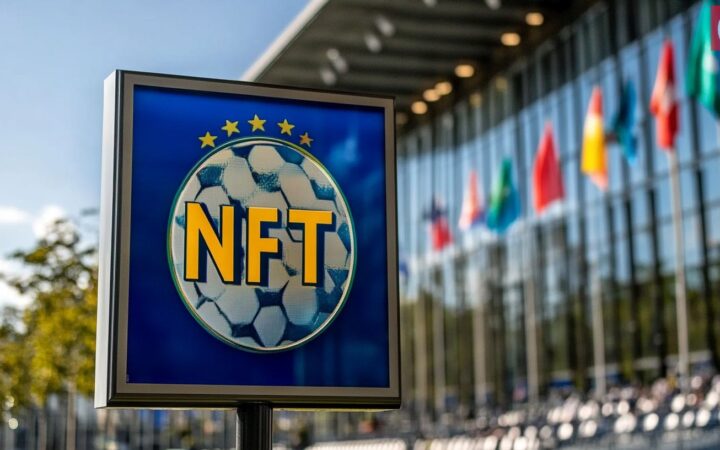
Please check out latest news, expert comments and industry insights from Coinspeaker's contributors.
NFTs offer access to additional perks outside of the actual token.

In this article, we offer you to have a look at such kinds of assets as cryptocurrencies and NFTs. Are you sure that you know everything about them and the benefits that you can enjoy as an investor?
Cryptocurrencies are digital currencies that can be used to primarily buy digital assets, though some businesses are now accepting cryptocurrencies as forms of payment. Like fiat and cash currencies, cryptocurrency functions as a form of payment that can be used to purchase assets or digital property and are stored in a digital wallet when not being used for transactions.
Unlike fiat and paper currencies, however, cryptocurrencies are decentralized. This means that they are not backed by a central governing authority like a federal government, or backed by a banking system. Crypto is decentralized, meaning the regulatory powers of the currency is not within an external or middle structure.
Cryptocurrencies use blockchain technology, which is essentially a digital ledger that logs the transaction history of each crypto coin, ensuring that it cannot be duplicated or stolen. The record of each coin, much like how an NFT works, is stored with each coin, and made available through a decentralized network. If a change is to be made, people who are connected to that chain are notified and need to essentially sign off on that translation.
Though the networks of cryptocurrencies are decentralized, some of the larger markets that cryptocurrencies are used in, aren’t always decentralized. OpenSea, for example, is the biggest NFT marketplace internationally, and while it accepts decentralized cryptocurrencies as payments for transactions, it doesn’t operate on a decentralized governance system.
In short, blockchain technology allows for the history of a digital asset, token, or coin to be made available alongside the actual item. This record is stored in a decentralized location – meaning that multiple parties can view it at once online – and it cannot be modified retroactively. It’s like a stamp, a public record of a transaction history, which helps to safeguard these digital currencies and assets against modification or hacking.
You’ve got the basics of crypto, so what about NFTs? And how do they relate to blockchain technology? The NFT crypto world can feel overwhelming, with so much market jargon and technical aspects to understand but it’s actually quite a simple market when it comes down to it. So let’s start with NFTs, which stands for non-fungible tokens. Tokens are digital assets that can be purchased with cryptocurrencies, and at present, there are no NFTs that can be purchased with fiat or paper currencies like USD. Non-fungible means that these tokens are unique, and cannot be replaced by something like it. To break it down even more: there is virtually no difference between two separate bitcoins of equal value. They can be exchanged and retain equal value. Unlike cryptocurrencies, NFTs are all valued differently, and even NFTs within the same project or minting can vary in price and worth.
NFTs, like crypto, are built on blockchain technology and come with similar ledgers that record transaction history as a means of safeguarding against retroactive or corrupt edits to sale history and ownership.
NFT’s really hit their stride in mid-2021, and have since burst into a multi-billion dollar industry. Why? Well, NFTs have a lot to offer both buyers and artists. NFTs are unique, they offer a digital rarity for starters which is an exciting aspect of collecting and accruing NFTs. If you purchase an NFT, you are the only one who owns it and you get the exciting role of watching it grow in value.
Another reason why NFTs are having a moment is because of how diverse NFTs can be. From GIFs to sports memorabilia, screenshots of tweets and videos, there is such a breadth to what can be minted as an NFT, the options are virtually limitless. And, with a variety of markets to match the types of NFTs available, it’s no surprise that the buyers of NFTs are just as diverse as the NFTs themselves.
Finally, NFTs are important because they offer access to additional perks outside of the actual token. Most often, an NFT project will come with a roadmap that lays out the investment plan of the project itself, but also outlines how purchasing that NFT will be a worthwhile investment for the buyer. Additionally, NFTs often come with virtual communities that offer additional access to exclusive events, virtual spaces, and even in-person events in cities around the world.
Whether you are looking for a rare piece of art, are interested in investing some of your cryptocurrency into an NFT, or are just curious about what acquiring an NFT might grant you access to, begin your search by considering your priorities. Are you looking to invest? Connect with like-minded collectors? Like non-digital investments begin by mapping out your priorities, do your due diligence, and go from there.
Disclaimer: Coinspeaker is committed to providing unbiased and transparent reporting. This article aims to deliver accurate and timely information but should not be taken as financial or investment advice. Since market conditions can change rapidly, we encourage you to verify information on your own and consult with a professional before making any decisions based on this content.

Please check out latest news, expert comments and industry insights from Coinspeaker's contributors.




